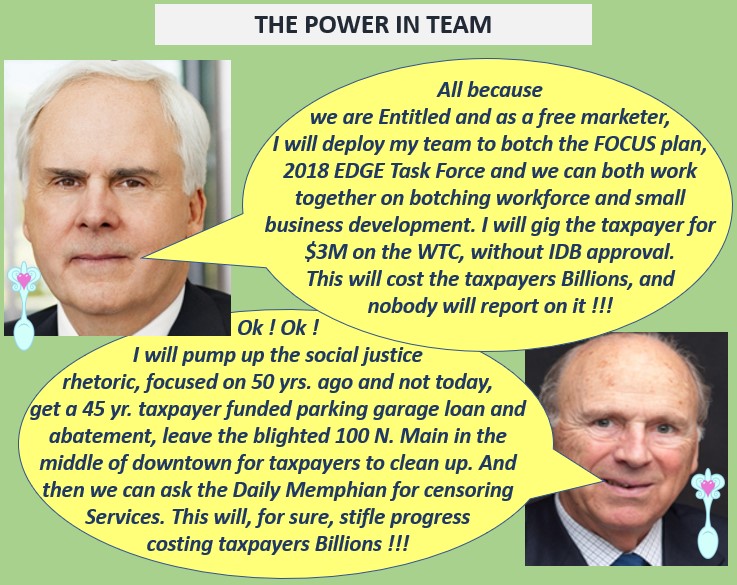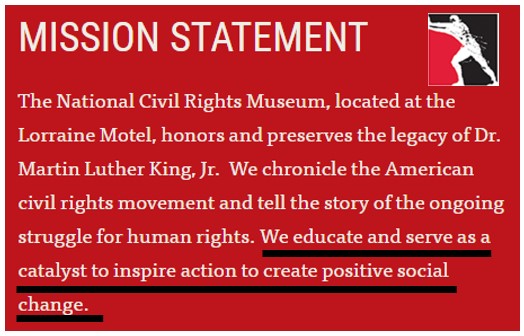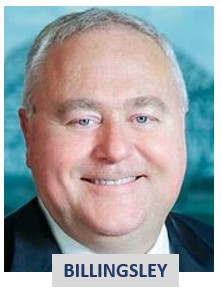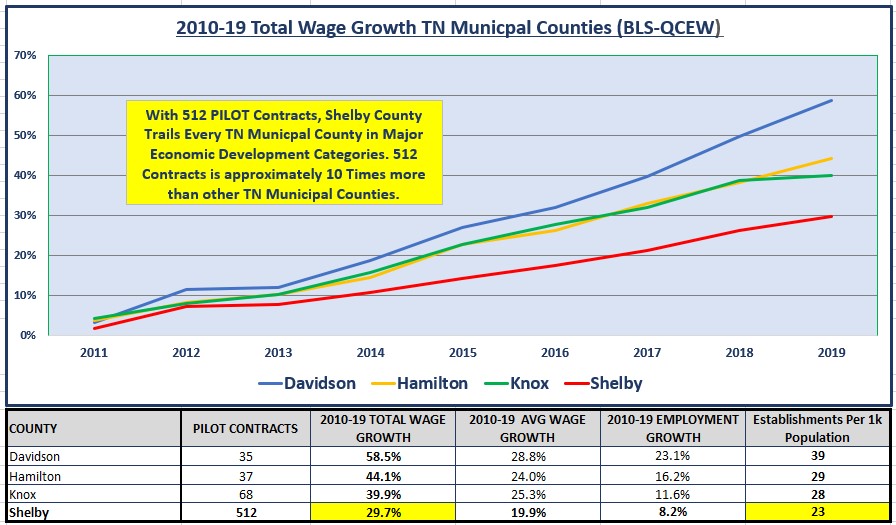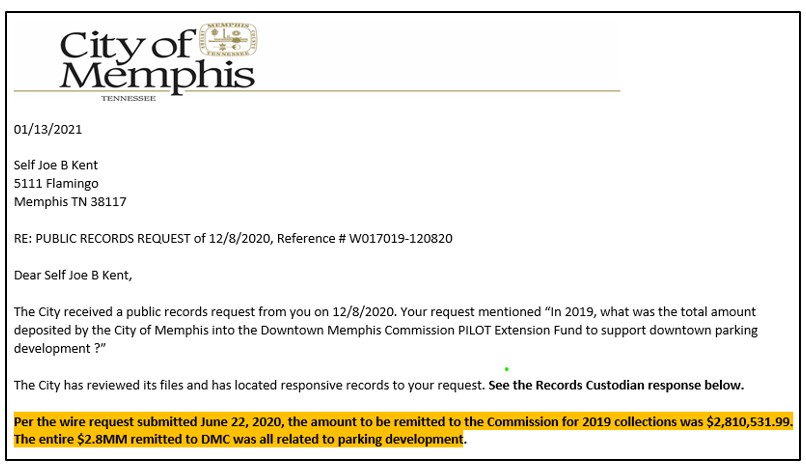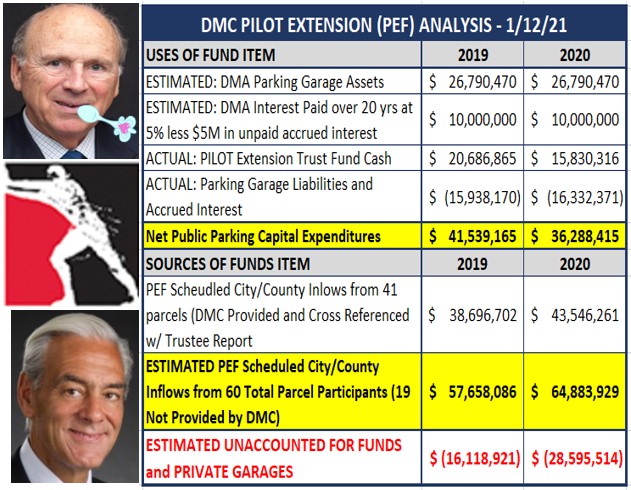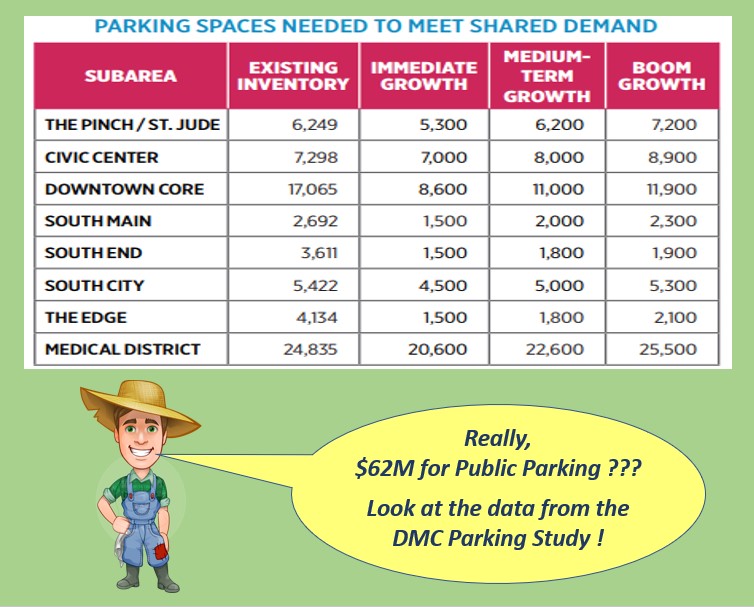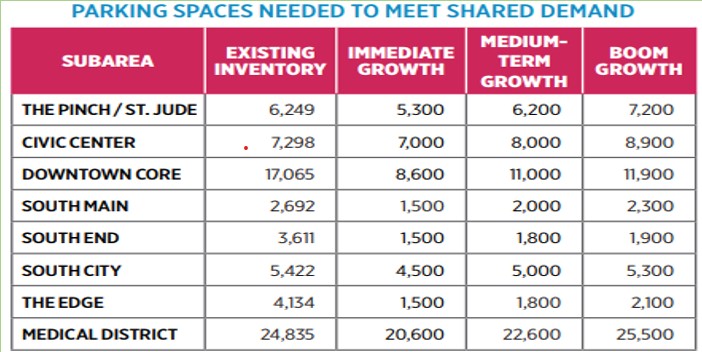POWER OF TEAM
COVID: Free Speech Obstruction Accelerated
One would think that during COVID, with limits on the public’s participation in public meetings, that the press and other institutions would step up their game. That is not the case in Memphis and includes the likes of the National Civil Rights Museum, who actually celebrates free speech and protest. Its an exercise in racially diverse elitism and the oppression of free speech.
Recently, I submitted a piece to the Tri State Defender (TSD). Prior to the purchase of TSD by a group led by Calvin Anderson, Dr. Anjanku would publish my submissions and edit them if necessary. Over the course of our relationship, Anjanaku published 3 of 4 pieces of my work. And I appreciated it.
Now after the Anderson purchase of TSD, I cannot even get a courtesy response on a TSD submission. As a note, Anderson was part of the EDGE Task Force 2 yrs ago, that accomplished nothing and also serves on the LaunchTN startup board, which has neglected Memphis from startup investments when compared to the rest of the state.
Further, under Dann Miller, the Commercial Appeal (CA) is obstructing commenting on their articles, which discriminates against Memphians, when compared to CA’s other Tennessee markets. And the Daily Memphian has never been willing to even consider my customer submissions, as Bill Dries fails to report on the recent County Commission obstruction of requested due diligence on a $62M consideration. That obstruction is discussed below in my now published rejected TSD submission.
And finally, the National Civil Rights Museum (NCRM), in all of their glory about free speech and protest, cannot take public criticism of their elitist and oppressive NCRM Board and Executive Committee. Its a board that appears to get together from time to time to masturbate about their social justice accomplishments, while exchanging business leads for further elitist oppression.
NCRM Exchange
During the NCRM 1/18/21 MLK birthday virtual celebration, the NCRM deleted my protest comment that effectively said that “MLK would puke all over the NCRM board”. NCRM is not about free speech but seems much more about controlling an elitist narrative that is focused on Civil Rights history of 50 years ago and beyond, while ignoring the elitist oppression occurring today.
Here is an email from Terri Freeman to me regarding the 1/18/21 event, where Freeman cites the NCRM mission statement. The fact is that the NCRM Board’s strategic direction of almost exclusively focusing on history of 50 yrs ago and beyond, violates their mission statement component of: educating and serving as a catalyst to inspire action and create positive social change.
Per the NCRM bylaws, a Board Executive Committee oversees daily NCRM staff operations, by individuals likely heavily influenced by the following local corporations: AutoZone, First Horizons, Baptist Hospital, FedEx and International Paper. Its effectively the same companies that are predominantly represented on all the local non-profit boards, stifling local thought diversity.
Anyway, below is a rejected piece, submitted to the TSD, that attempted to get in mainstream publication, the County Commission obstruction of requested due diligence that occurred on December 21, 2020.
Rejected TSD Column
Curtis Weathers recently wrote a compelling piece on the educational opportunities provided by the tragic events at our Nation’s Capitol on January 6, 2021. While sad, the event offers robust National civic exploratory inquiry into the Constitution, impeachment process, first amendment and social media. The only advantage to the event is that it was press covered and everyone saw it, which provides the opportunity for deeper analysis. Much harder to see, is what goes uncovered regarding local government, by the local press, while perhaps undermining the local community.
So, what about local Memphis history and government? It must be stated that the Tennessee State Civics Standards do not even mention such terms as “governmental oversight” or “quasi- governmental agencies”. Local quasi-government agencies are public board bodies, with staffs and budgets, that operate outside of traditional government. Such agencies include the likes of Memphis Light Gas and Water (MLGW), Economic Development Growth Engine (EDGE) and Downtown Memphis Commission (DMC).
These organizations have either direct control over local tax dollars or have significant influence over the well being of the local population. These are also agencies that operate under the auspices of local governmental oversight and involve multi-million-dollar questions impacting the local community.
While not locally reported, the Shelby County Commission made history on December 21, 2020 by neglecting their oversight function, which is arguably common, and going further to obstruct requested due diligence on a $62M funding allocation, for public parking, made by the Downtown Memphis Commission. The County Trustee, Assessor and Chief Financial Officer all made requests to perform due diligence on the matter, but were overtly obstructed by the Shelby County Commission!
The $62M request involved the use of taxpayer money, funded through a restricted fund that no one in County government seemed to know about, as expressed through on the public record testimony. On December 7, 2020, the $62M matter was correctly referred to committee for due diligence, based on a motion made by Commissioner Mark Billingsley. At the next Commission meeting, on December 21, 2020, Billingsley strangely reversed his position and moved to reconsider the $62M question, effectively obstructing, requested by County officials, due diligence. This is a stunning piece of local history.
The former does not mention that on December 21, the DMC made at least two, on the record, material misrepresentations involving 1) mistaken annual City and County tax dollar contributions to the fund and 2) the understating of parking garage fund financial liabilities by $12M. Both misrepresentations greased the skids for not performing due diligence and approving the $62M public parking allocation. The $62M approval was for public parking, that is not presently needed, based on the DMC downtown parking study.
Further, due diligence would have revealed $23M in possibly illegal taxpayer funded loans made to private developers using the fund. Given this local historical event, if it is somehow possible to be accommodated by the state standards in the local curriculum, these are questions that might arise for local curricular exploration:
- How many quasi-governmental agencies, with their own budgets and assets funded by taxpayers, operate outside of local government, where local government has oversight authority?
- How have external agencies impacted local budgets for education, public safety, infrastructure, and public health?
- How much have quasi-governmental agencies abated in local taxes and how does that compare with other municipalities in the rest of the state?
- What is the role of the free press in covering local government oversight of quasi agencies and non-profits or lack thereof?
Needless to say, these quasi-governmental agencies and corresponding local government oversight have significant impact on our local community. Are our leaders of tomorrow learning anything at all about this critical area of local public governance?
Conclusion
Not part of the original restrained TSD submission, the potentially illegal garage loans above, involve Puke Hyde, who chairs the NCRM Executive Committee. The currency in Memphis is not “Moving Memphis Forward” but instead glorifying elitist oppression…..
LOGICAL: No PILOT Moratorium but Reform
Its logical to reject a PILOT moratorium. But its both logical and fiscally responsible to reform PILOTs. After all, the data makes an overwhelming case against current payment-in-lieu of taxes (PILOT) driven economic development policy. Values supporting continual competitive decline are culturally embedded into board performance of local economic development agencies, while the small few feed on a Memphis community in need. The former is the unquestioned brainchild of such civic idiots as Puke Hyde and Blackjack Smith.
In County Commission today, as system stakeholders, both Beverly Robertson, Chamber and Reid Dulberger, EDGE signaled an openness to PILOT reform, while being against a PILOT moratorium. Both Robertson and Dulberger should be asked to present 1) their definition of economic development, 2) data supported research to support their positions on PILOT policy recommendations 3) what is meant by the term “free markets” and 4) what is meant by the term “business friendly”.
In considering the answers to the above, the Commission should understand that the Chamber is not an economic development but a business development organization whose members are financially driven by profits. Nothing wrong with profits, but profits are not in direct alignment with the financial incentives of the public sector. EDGE on the other hand, is fee incented to award large corporate/real estate PILOTs, with board members, that often professionally benefit from such awards. This fee configuration is contradictory to the financial well being of the public sector.
To that extent, abolishment of abating boards or new board appointments may be needed to carry out the work of real economic development. Real economic development is typically defined around improving the quality of life, mostly accomplished through increased wages, which is in financial alignment with County government but not the Chamber and EDGE.
Commission Discussion
While Commissioner Sawyer’s commendable PILOT moratorium lacks support for passage, it appears to have been successful at starting the PILOT reform discussion, with the aid of Commission Chairman Eddie Jones. Sawyer’s remarks around reform seemed to focus on community benefit programming. But much of that, like MWBE and affordable housing, has already been weaponized against the Memphis community in support of excessive PILOTs, that undermine the local tax base.
For example, established local businesses and affluent individuals dominate EDGE MWBE receipts. The greatest community benefit comes in the form of eliminating excessive PILOT awards, in support of taxpayer justice, that more appropriately funds education, public health, transit, roads and etc for all.
Commissioner Michael Whaley focused on reigning in PILOT extensions. But fiscally speaking, extensions are just the tip of the iceberg and have the same fiscal impact as does new PILOTs for the same property (FedEx WTC) or abating existing real property taxes (Ubiquiti), which are both commonly done.
Commissioner Edmund Ford touted successful community builder PILOTs and the need for better communication with abating boards. No one is sounding the alarm against community builder PILOTs that, for example, support grocery store construction in a food desert. And communication can be most easily improved with easy to understand, data driven web based technology to inform real time oversight, which has been professionally proposed by this blog.
Data and PILOT Policy
The data is explicitly clear that current PILOT policy is not working. This is expressed in the form of sluggish and below average job growth, average wage growth, median household income growth and deficient small business establishments to power the local economy. With an excessive 512 PILOTs, which dwarfs other TN municipalities by approximately 10x, the data clearly points to the need for PILOT reform. For an expanded view, see this comprehensive data set.
PILOT Reform
First, County government needs to see themselves as the County’s chief economic development organization while seeing the Chamber, as an influential stakeholder and not a partner.
Partner recognition of the Chamber blurs the lines of public and private accountability. Memphis needs to strengthen its public sector, as many local problems are rooted in the public sector’s weakness while mistakenly trusting in the “vision” of idiots Puke Hyde and Blackjack Smith and their public-private complex.
With clear lines, the County should then author their own defined economic development plan, with robust debate and measured stakeholder input, while reforming PILOTs. PILOT reform would, ideally, look like the following:
- Validate that current PILOT policy is a failure through data informed from authoritative sources like County Government, State Comptroller, Census and Bureau of Labor and Statistics. Local officials do not need local abating board data to validate this failed reality.
- Use a standard baseline of 10 yr term length for PILOTs, which is a common standard elsewhere with no community participation requirements like (MWBE). This effectively serves the entire community and education through taxpayer justice, by reducing overall amounts through reduced term lengths. Sham “MWBE” and “affordable housing” have been tactically used to justify excessive PILOTs and taxpayer injustice.
- Use research, such as the Upjohn sponsored research of Dr. Timothy Bartik, in guiding assumption development in projecting tax revenue
- Apply research to project tax revenues and incentive sizing, while getting off the 75% abatement for all amount and insuring a return for taxpayers. When referencing County documentation, abatements outstrip year over year (YOY) revenue gains, nearly 5 to 1. Had PILOTs worked, as promised, YOY revenue gains would have exceeded or, at least, been in line with PILOT abatements.
- Offer additional PILOT years for elective community participation in areas like properly overseen MWBE and affordable housing.
- Consolidate abatement boards, while financially aligning their financial incentives with real economic development and consolidating abatement and economic development measurement into a single web based platform to facilitate real time oversight.
Conclusion
Through a failed and sheltered narrative, FedEx and Memphis Tomorrow have had their foot on the throat of Memphis for too long. When one studies the data, its stunning the elitists actually believe that this is good for themselves, but they do. This delusion reveals their complete backwards idiocy…..
PILOT Extension Fund – City of Memphis
SHELTER IN PLACE: Been Going on a Long Time / No Verdict
No verdict is the result. The lack of a verdict on the elitist PILOT Extension Fund (PEF) sham is the product of a “Shelter in Place” discourse that has been in place for a long time in Memphis. Its a discourse that keeps the Memphis public ignorant, as sheltered Memphians believe, Memphis would be nothing without FedEx. This belief is complete bullshit and product of a blaring FedEx public relations machine, that is accommodated by the local “Shelter in Place” media.
The fact is that Blackjack is a civic idiot and FedEx would be nothing without Memphis. Meanwhile, real estate partnerships of Puke Hyde and others, are the beneficiary of potentially illegal taxpayer funded loans for private parking garages. The lacking public verdict is how the Shelter in Place discourse protects the elitists, while keeping Memphians ignorant.
Commission Chairman Eddie Jones, who has expressed concern over PILOTs and such, recently forwarded the Shelter in Place existence by disallowing read aloud public comment in Shelby County Commission proceedings. This comes after Mayor Harris, stunningly has no position on the $62M public PEF measure, as due diligence on the matter, was overtly cockblocked by the County Commission.
The reason that due diligence was cockblocked is that the social justice elitists would have been publicly revealed ripping off a majority Black community in need. After all, they rip off small business, rip off educational opportunity and rip off the taxpayer as a matter of elitist process, all the time, in a majority Black community in need, under the guise of public relations tools like the National Civil Rights Museum.
The Capitol Insurgency vs Social Justice Elitism
The only advantage to the Nation’s Capitol event, involving a band of insane rednecks, is that everyone saw it. At the same time, the undermining of the local democracy by the social justice elitists, is much harder to see, as it has been systemically occurring for 20 years, while using such elitist public relations tools as the National Civil Rights Museum (NCRM). Puke Hyde is the Chair of the NCRM Executive Committee.
The Memphis Business Journal recently publicized the elitist public relations work of the NCRM featuring Dick Shadyac, Chairman of Memphis Tomorrow, on corporate social responsibility. Dick focused on the need of measurement in corporate social responsibility, just as his very own Memphis Tomorrow cockblocks and rips off my family, small business and community repeatedly, as I have, for years now, professionally proposed public measurement solutions of the Memphis Tomorrow public private complex. Memphis Tomorrow hates innovation coming from local small business, which is historically culturally evident in the decimation of the Memphis music business and small business sector.
For that matter, Dick is also a civic idiot for even being associated with and Board Chairman of Memphis Tomorrow. His remarks come, just as the sham $62M DMC PEF for public parking was being considered. Its a fund that currently shows an estimated $28M public debt.
If Memphis Tomorrow were serious about corporate social responsibility, they would have opposed the sham. But Memphis Tomorrow is an elitism sham into itself, while failing to measure the last 2014 FOCUS Economic Development plan, that came as a product of the Memphis Tomorrow Fast Forward initiative.
The only justice comes with Blackjack and Puke, on their hands and knees, puking up $1.5B in public chambers, and then leaving the stage. Both are civic idiots. Dick might want to join them. That’s not rhetoric. Their idiocy is a data supported fact…..
DMC / DMA PRIVATE GARAGE LOANS
PUBLIC PARKING BOONDOGGLE: Plentiful / $62M More of the Same
There is just not an immediate need for more Downtown public parking. The table above was sourced from the Downtown Memphis Parking Study. From the table, one can see the existing inventory, in each part of Downtown and the projected peak demand, based on three scenarios. There is an excess supply of parking availability.
The $62M public parking request appears to be more of the same and developer driven by Carlisle’s One Beale project. Secondarily, the request is driven by a potentially exciting and transformative Brooks Museum project. The current One Beale project has already been the recipient of approximately $41M in tax incentives and public loan awards to include the following: 1) an approximate $1M grant, 2) $10M garage / PILOT Extension Fund garage loan and 3) approximate $30M tax abatement over 20 yrs. Incentives for the yet approved Hyatt expansion, could drive tax incentives and public loans to has high as $140M.
A public expenditure of $10M, for the Brooks Art Museum project, can be deduced, by reviewing the DMC County Commission Public Parking presentation delivered on December 2, 2020. This deduction is concluded by adding up the cost of the public parking projects, that are disclosed in the presentation. These public parking projects total $52M.
The cost of the Brooks Art Museum is the only project of the five with undisclosed cost, for a total $62M request, making the cost of the non-public parking Brooks museum project $10M. The non-parking Brooks Museum project reduces public parking availability by 400 spaces in the Downtown Core.
The exciting part, is the mention of a $100M investment, presumably, an exciting art collection for the Brooks Art museum project. While the Brooks Museum project has significant merit, the $42M Mobility Center appears to be another developer driven public benefit, for a developer, that may be the recipient of up to $140M in local public incentives and loans. The $42M Mobility Center, planned just across the street from the One Beale project, would just pile public more benefits on to the Carlisle development.
Observations
The PILOT Extension Fund, from which these projects are scheduled to be funded, would have $22M more in the fund, if long term garage loans were not provided to private developers. Wonder Bakery development received a $6M-45 year loan, Tennessee Brewery a $5.1M 60 year loan, One Beale a $10M loan with the term length unknown and CHISCA a $1M loan in 2014. Most of these are private garages that also receive the benefit of tax abatements.
At any rate, here are some other observations from the Downtown Parking Study:
“In most subareas, even in the Boom Growth scenario, there is no net increase in parking supply required to accommodate anticipated growth. However, since much of the existing supply is provided in less-than-optimal facilities (either they are in facilities with poor conditions, they are themselves located on future development sites, and/or they are in private facilities that cannot be used to support nearby growth without shared parking agreements) there may be the need for “replacement parking” development. (pg. 47)”
Observation: This appears to be a preparatory planning accommodation for the planned Brooks Museum parking reduction. But even with a 400 space reduction, the Downtown Core still has adequate parking based on the numbers in the above table.
“However, parking use patterns are concentrated unevenly, and all subareas still feature a considerable number of unoccupied spaces even during the midday peak. At almost any location and any time of the day, a highly-used parking facility is only a few blocks away from underutilized parking. (pg. 7)”
Observation: Walking and walkability is stressed in the report. So walking a few blocks should not be a driver for a $62M request.
“At peak occupancy (Weekdays 11am-1pm), all Downtown spaces are only one-third full, meaning there are still approximately 45,000 unused spaces across the entire study area. Most of these unused spaces are in restricted off-street facilities. Off-street publicly accessible and DPA garages average 66% occupancy.(pg. 8)”
Observation: Plenty of public parking
Page 100 of the report stresses ways in which to reduce traffic and parking demand to include ridesharing. How is ridesharing behavior going to be incented, with convenient and affordable parking options due to more than sufficient supply ?
Conclusion
There’s plenty of public parking. The $62M request is more of the same, in a boondoggle and excessive corporate/real estate developer publicly funded benefits…..


